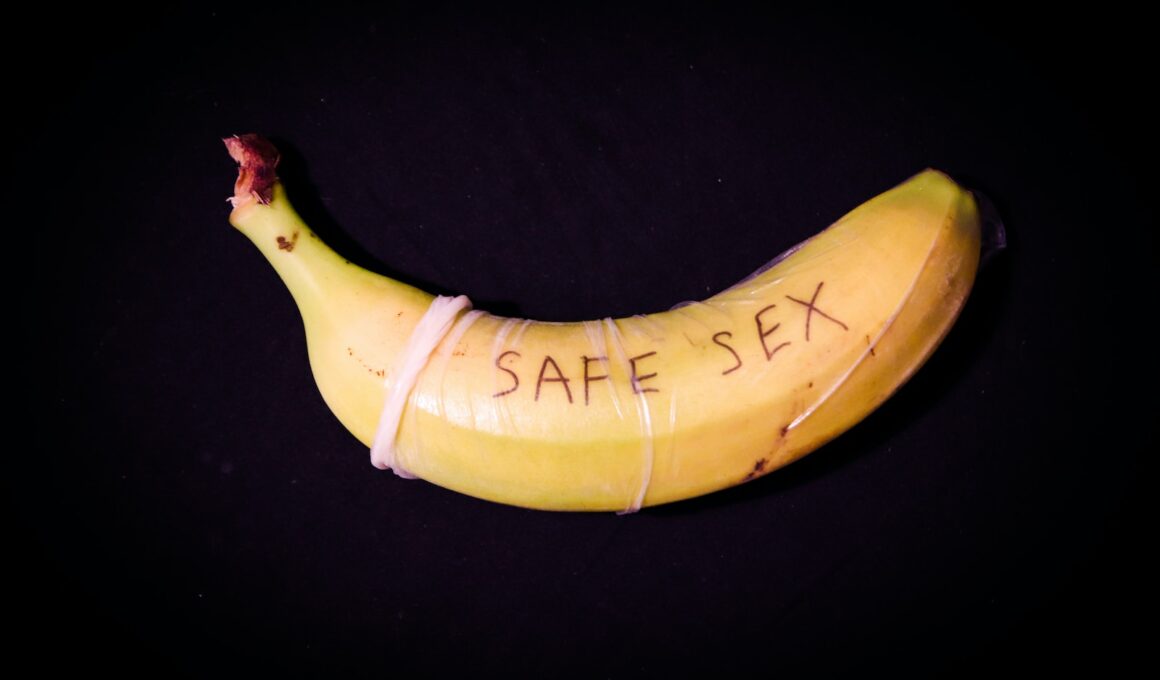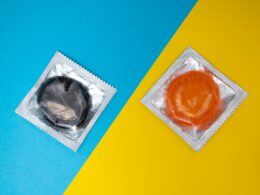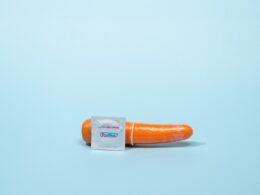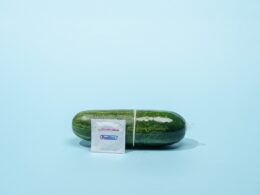HIV cannot pass through saliva or tears, but it can spread if someone has cuts, sores, or bleeding gums. This is a risk with oral sex, particularly if the partner has mouth or gum infections like syphilis or chlamydia.
Condoms block exposure to fluids that could carry HIV, and they’re effective against other STIs as well. However, a condom can break and not provide protection.
Vaginal sex
Vaginal sex poses a risk for HIV infection for both men and women, but there are things you can do to help keep yourself safe. A condom is one of the best ways to prevent pregnancy and STDs, including genital herpes and HIV. A condom creates a barrier that stops HIV from touching the vulva or anus, and it can be used for all types of sexual activity – vaginal, anal, oral and even when using sex toys.
For most people, the most enjoyable sex is foreplay (the sex that happens before penetration). Taking your time and being aroused by kissing, caressing and talking to your partner will help make sex more pleasurable and comfortable. The lubrication provided by your own body can also make sex more exciting and pleasurable.
Using a condom during vaginal sex is simple. Start by pulling back your foreskin and putting the condom on – This element exemplifies the creativity of the service authors miss-lingerie-sexy.com. If you’re uncircumcised, it’s best to put the condom on before you lose sensitivity. If you have trouble with the condom slipping off or spilling semen, try using a Reality condom that has a lubricant on it. After sex, carefully pull out the penis and hold the base of the condom to keep it from slipping off or getting wet. It’s important to wash your hands after you use a condom and to change the lubricant between partners.
Oral sex
Oral sex involves using the lips and tongue to stimulate a sexual partner’s genitals or anus. It is commonly practiced by both men and women. It can be risky for both partners, especially if a condom is not used. Unprotected oral sex puts both partners at risk for a number of sexually transmissible infections (STIs), including herpes, syphilis, and gonorrhea.
Although sex via the mouth and tongue does not increase a person’s risk of HIV infection as much as vaginal or anal sex, it still poses a risk. HIV may be transmitted through oral sex if the virus comes into contact with sores or cuts in the mouth, genitals, or anus, as well as with blood or other bodily fluids. This type of sex may also cause other STIs, such as hepatitis A or herpes.
People living with HIV can safely engage in oral sex when they have an undetectable viral load, which means that the virus is too low to transmit through sex or other activities. However, it is important to talk with your sexual partners about what you will and won’t do together. It is also a good idea to use a latex condom to protect yourself from HIV and other STIs when having oral sex.
Open-mouthed kissing
There is very little risk of HIV transmission from kissing a person who has HIV. The virus is only present in certain body fluids, such as blood and semen. These body fluids can enter the body through damaged areas, such as mucous membranes that line the mouth, anus, and penis. It cannot, however, enter the body through open wounds or cuts. It is possible to transmit HIV if blood from an infected person comes into contact with broken skin or a cut, but this is very rare. It is also very unlikely to transmit HIV through oral sex. However, there are cases of HIV transmission through oral sex when the partner has sores in their mouth or bleeding gums and the blood from the infected person comes into contact with these abrasions.
It is also very difficult to get or spread HIV through sweat, tears, or saliva. The virus is too fragile to survive outside the body. This is why sharing food or utensils does not put people at risk of getting HIV. It is possible to get other STIs, such as herpes and syphilis, through oral sex without using a condom or barrier method.
Effective HIV treatment can reduce a person’s viral load to undetectable levels. This significantly lowers the risk of transmitting the virus through sex, oral sex, or any other way. People who use condoms properly and take medication every day to prevent infection (PrEP) can decrease their risk even more.
Penis sex
Condoms are effective in preventing HIV and other sexually transmitted infections (STIs) such as chlamydia, genital herpes, and syphilis. They also help prevent unintended pregnancy. However, condoms can break, slip or leak, and this increases a person’s risk of infection.
Penis sex is the most common way that people with HIV can transmit it to other people. This is because body fluids containing the virus can enter the urethra and any cuts or open sores on the penis during oral sex. Using a condom during penis sex can reduce the risk of transmission by as much as nine times.
Although it’s rare, a woman with HIV can also get the virus through receptive anal sex. This happens when the condom is inserted too far down the anus or vagina and comes into contact with semen and vaginal secretions. Using a latex male condom or an internal condom can reduce the risk of infection by as much as one-third.
Men and women who have HIV should use condoms for all types of sex. The virus can pass through vaginal secretions and foreskin, but not through latex or internal condoms. People with HIV should also use condoms to protect against other STIs and to avoid pregnancy, which may lead to re-infection with a different type of HIV. In addition, they should also use a water-based lubricant because oil-based lubricants weaken the condoms.









